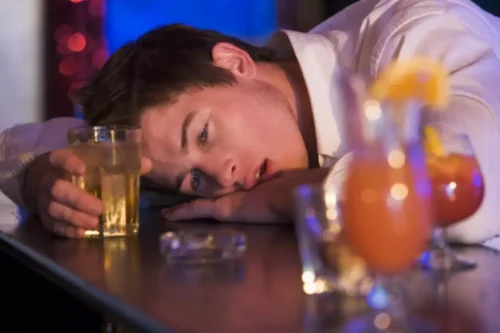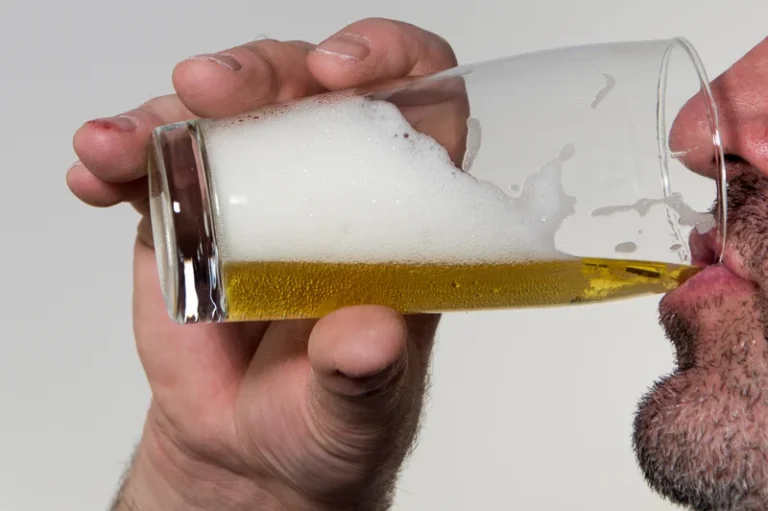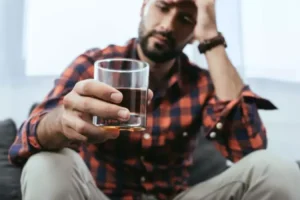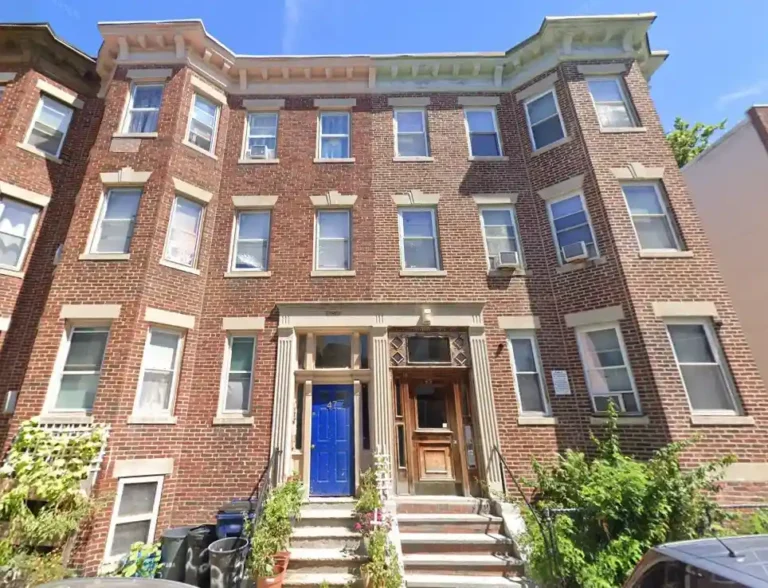
“Alcohol inhibits the release of vasopressin, or ADH, the antidiuretic hormone,” says San Diego-based Taylor Graber, MD, a resident anesthesiologist at the University of California San Diego. “ADH helps your kidneys hold onto water. The less ADH, the more you urinate. The more you urinate, the more dehydrated you become.” Unless you’re a fan of dry mouth, nausea and hangover headaches, you’ll likely do anything to avoid alcohol dehydration symptoms.. The easiest way to do this is to stop dehydration before it starts — and, no, that doesn’t mean you have to give up happy hour altogether. Besides dehydration, alcohol can have other negative effects on the body.
Dehydrating drinks: Caffeine, sugar, and other ingredients
However, you may be able to minimize its severity by following a few simple tips. Yes, drinking electrolyte water is an excellent strategy to rehydrate after drinking alcohol. Using electrolytes while drinking alcohol may be especially beneficial for individuals with high blood pressure and other cardiovascular issues. The Centers for Disease Control and Prevention (CDC) recommends https://ecosoberhouse.com/ that men don’t exceed two alcoholic drinks in a day and that women limit alcoholic beverages to one drink or less. Not only does drinking alcohol while exercising increase the risk of injury, but it also can exacerbate dehydration related to physical activity. And to top it off, both Zeitlin and Rumsey explain, drinking alcohol will also make you urinate more often.
Avoid drinks that can make you more dehydrated, such as alcohol or drinks with caffeine.
While these drinks don’t cause dehydration, large amounts may increase urine production. Cold carbonated drinks may be more thirst-quenching, potentially causing you to drink less water. The fastest way to cure mild dehydration is by drinking water, electrolyte drinks, or oral rehydration solutions as soon as you notice signs of dehydration. See a doctor if you have signs of moderate to severe dehydration. Taking steps to avoid the overconsumption of alcoholic, caffeinated, and sugary beverages may help a person avoid dehydration.

Get the latest in health news delivered to your inbox!
- This can lead to drinking less additional liquid after having a drink such as a soda, which could make the effects of dehydration worse.
- Beer and wines, meanwhile, tend to have lower alcohol content, though fortified wines like sherry and Madeira pack a kick at above 14.5% alcohol.
- The higher the alcohol content, the greater this effect will be.
- The best hangover electrolytes contain at least 1,000 milligrams of potassium and no more than 40 milligrams of sodium.
- Sodium is an electrolyte mineral found in many foods, and most people obtain adequate amounts from table salt.
If you’re urinating frequently and always seem thirsty, it could be an early sign of diabetes. “If you have heart failure or issues with fluid retention, talk to your doctor about optimal fluid regimens to remain hydrated in hot or warm weather,” advises Dr. Fertel. It’s important to talk to your doctor if dehydration is listed as a side effect.

You may experience increased urination, sweating, and other means of bodily waste disposal when you drink alcohol. However, when your body works to eliminate alcohol from your system through these processes, other crucial substances, like water and essential nutrients, are removed, too. You can experience water and nutrient depletion, leading to unwanted symptoms such as dehydration. Up to 80% of your water intake comes from fluids, which is why drinking fluids throughout the day is the most important factor in maintaining optimal hydration.

Coffee, Cocktails, and 5 More Drinks That Are More Dehydrating Than You Might Think
“Therefore drinking a sugary alcoholic beverage can make it worse and cause dehydration.” “The higher the alcohol content a drink has (or is absorbed in your body), the greater the diuretic and dehydration effect.” You can usually manage mild cases of dehydration by drinking more fluids that don’t contain alcohol. Whether you drink water between each alcoholic drink, after drinking, or even the next day, it’s vital to replace lost fluids.
If you take diuretics, antacids, laxatives and blood pressure medication, they may be designed to flush water and electrolytes out of your body. Serious dehydration can cause changes in your mental function, kidney failure, low blood pressure, and more. Staying hydrated is as important to your does alcohol dehydrate you health as eating, exercising, and sleeping well. It’s especially important at times when you’re more likely to lose fluids or when you need more fluid than usual, such as during an illness, pregnancy, or exercise. Additionally, making changes to the diet to replace dehydrating drinks may help.
- Some research suggests that consuming 500 mg of caffeine (equivalent to about five 8-ounce cups coffee) may increase urination, but probably not to the point of dehydration.
- If hydration is your number-one priority, avoiding or significantly reducing consumption of these drinks is probably your best bet.
- When you’re feeling a hangover, it’s important to explore the root cause.
- While drinking plenty of water is crucial to compensate for the fluid loss caused by alcohol, water alone will not hydrate you.
- Overloading your system with water will only cause your body to eliminate any excess through your urine — taking vital electrolytes with it.
- You can reverse dehydration by taking in more fluids, but some people may be at risk of complications.
- However, a general recommendation is that adult women consume 11.5 cups (2.7 liters) of water per day and adult men consume 15 cups (3.7 liters).
These can be added to water or juice for quick and lasting hydration (your cells will thank you!). This is partly because our soil is incredibly depleted, so our fruits and veggies don’t have the mineral content they once did. Additionally, our tap water is heavily processed and filtered, leaving most of the minerals behind. Luckily, it’s easy to prevent these symptoms with a few lifestyle changes.

